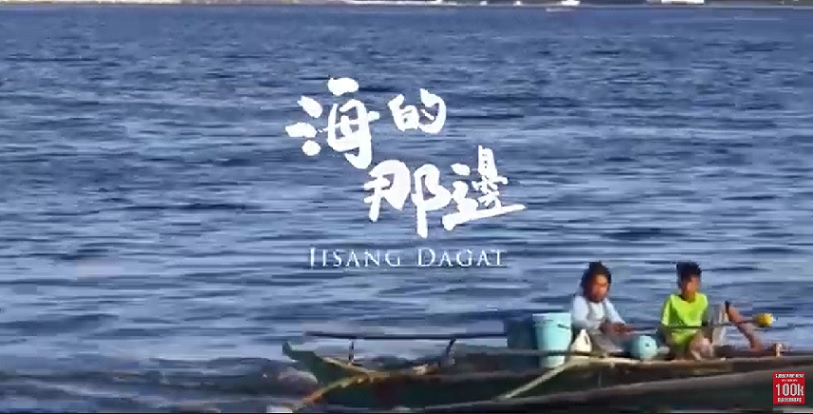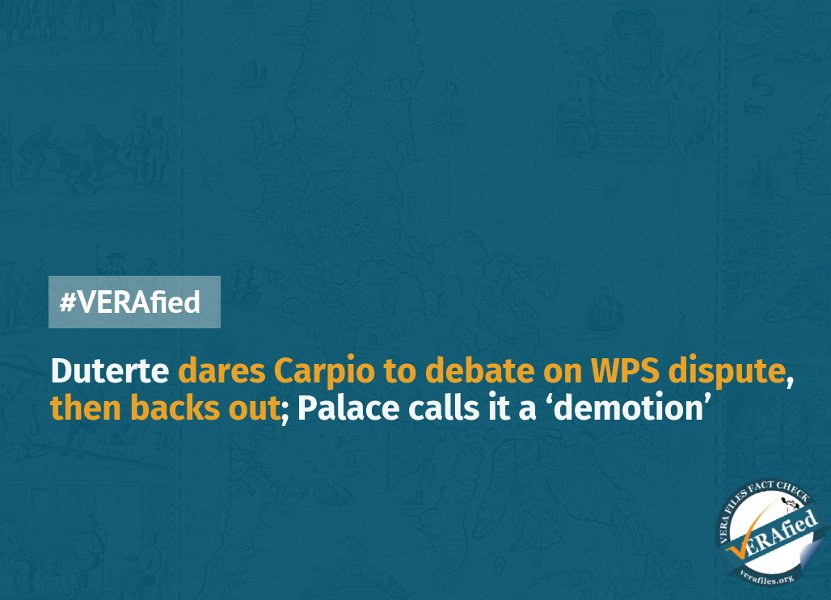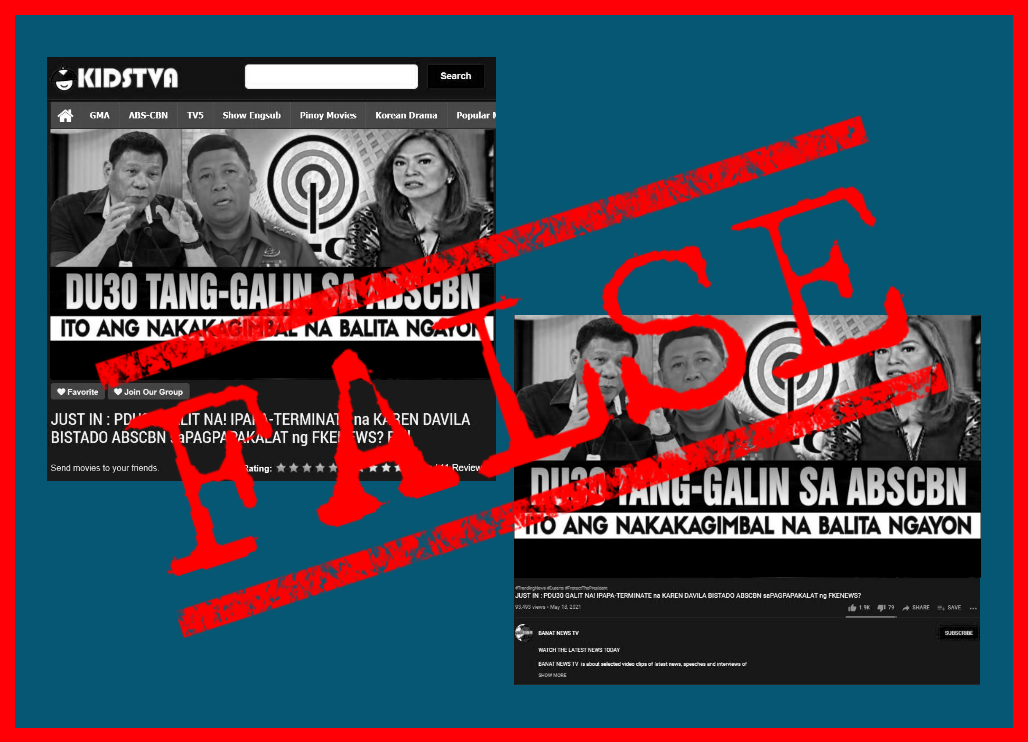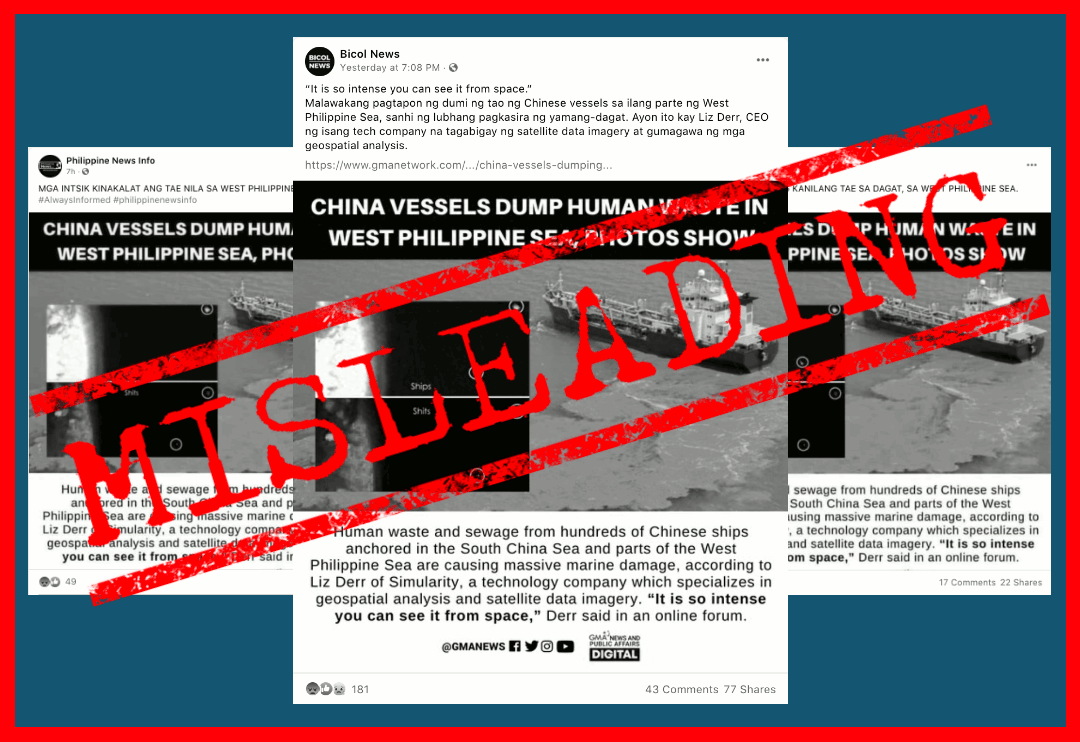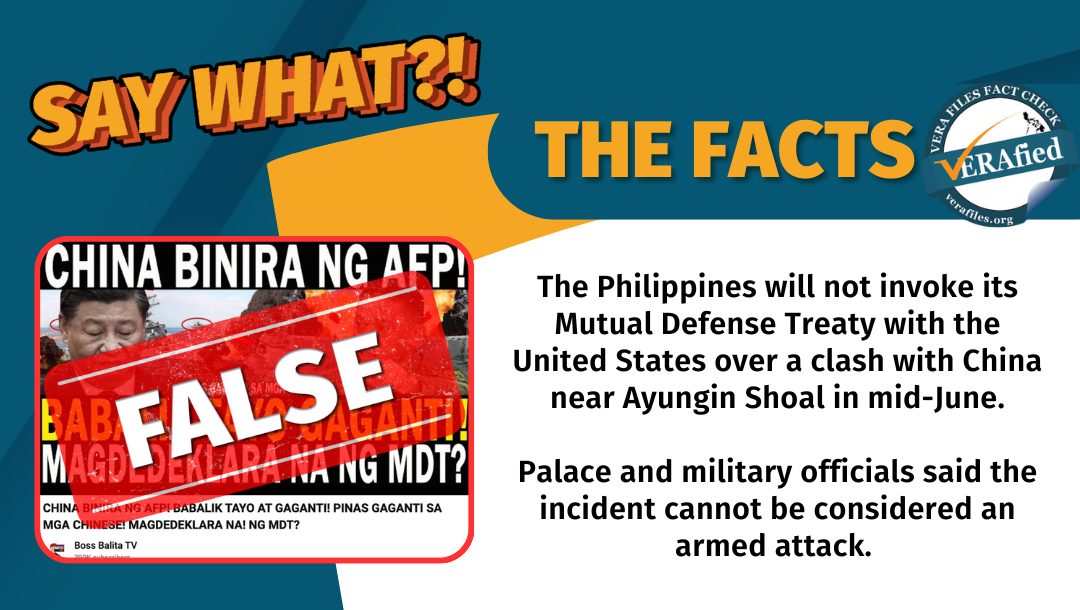Under a one-party autocracy, one cannot expect much diplomacy from ambassadors of the People’s Republic of China. How China sees the world is how its Chinese Communist Party sees the world. Any Chinese ambassador is as much an ambassador of the CCP. Its current ambassador to the Philippines Huang Xilian, for example, is a party apparatchik of the CCP, his bio notes say.
The Standing Committee of the National People’s Congress dictates Huang’s designations but it is the CCP that maintains control of the Congress. No matter how many angry summonses a Chinese ambassador may receive from a host country, it will not change their designated equation, which is to sway international opinion in favor of its CCP policies, not the least of which are its fantasies for world hegemony.
Propaganda is central to the work of the ambassador of the PROC, wherever they are in the world. It came as no surprise that the following year after Huang Xilian was appointed as Ambassador Extraordinary and Plenipotentiary to the Republic of the Philippines, he embarked on a music video project called “Iisang Dagat.”
The music video was produced by the Chinese embassy in Manila. It said its purpose was to pay tribute to Chinese and Filipino health frontliners at the height of the China virus pandemic. Propaganda was crucial to the world’s perception of that pandemic, not the least of which was to influence the World Health Organization to call it officially as Covid-19.
China was probably looking back at the lessons of the politicization of the Spanish flu pandemic of 1918. The name was a misnomer. It never originated in Spain. World War I was raging and Spain did not participate in the war as a neutral country. It was thus one of the few countries where media reporting was not under the domain of wartime propaganda, so there was free reporting of the pandemic’s cases. But with the last pandemic, the virus indeed originated from China. See how powerful China’s propaganda tentacles extend around the world that it was able to induce the WHO into not naming it the China virus.
That was the context of Iisang Dagat, at a time when there was general dissatisfaction about the Duterte government’s pathetic handling of the pandemic. The music video was also said to commemorate China-Philippines friendship. Propaganda was necessary to distract the Philippines from a worldwide criticism of China.
Who wrote the lyrics of Iisang Dagat? It was the Chinese ambassador himself, Huang Xilian.
But there was another context critical to the Chinese. In 2020, the Philippines had filed several diplomatic protests against China for its illegal occupation of our islands in our Exclusive Economic Zone. The name of Iisang Dagat – One Sea – was understood by many as an allusion to the West Philippine Sea. The music video was a means to placate Filipino anger against China.
The music video went on a downward spiral. Uploaded on YouTube on April 23, 2020, five days later it generated 2,200 likes, and to the dismay of Huang, 155,000 dislikes. On social media, the uproar was vicious. A viral tweet became the banner of Filipino sensitivity: “China is a traitor and will never be our friend. No friend steals from you while you are still battling a pandemic.”
Meanwhile, Universal Records Philippines said the Chinese producers bandied its name in the song’s credits when in fact the company never participated in the production. The fake news was staring at the Filipino public.
The propaganda continues for whoever is vulnerable to believe the Chinese script. After October 2022 last year, when Tropical Storm Nalgae (Paeng) hit the country, Huang invited the Duterte stalwart Apollo Quiboloy to dinner at the Chinese embassy, and announced it was donating P4M to his SMNI Foundation for Typhoon Paeng’s victims.
Three years later, Huang Xilian’s now infamous advise for the Philippines to oppose Taiwan independence, which he said would imperil our 150,000 Overseas Filipino Workers there, is received with the same flak by the public.
Rodrigo Duterte’s so-called China pivot remains unpopular. Taiwan appears to be the Filipino public’s preferred friend. That is what it means.The views in this column are those of the author and do not necessarily reflect the views of VERA Files
